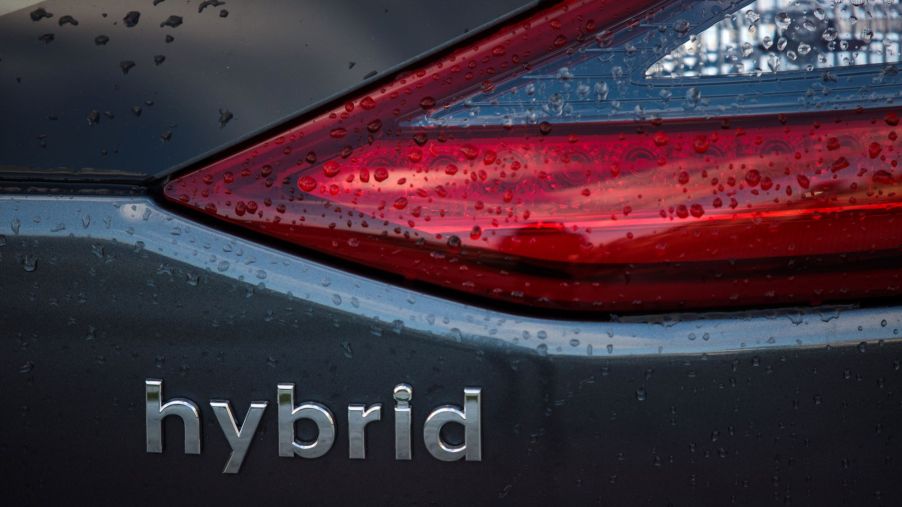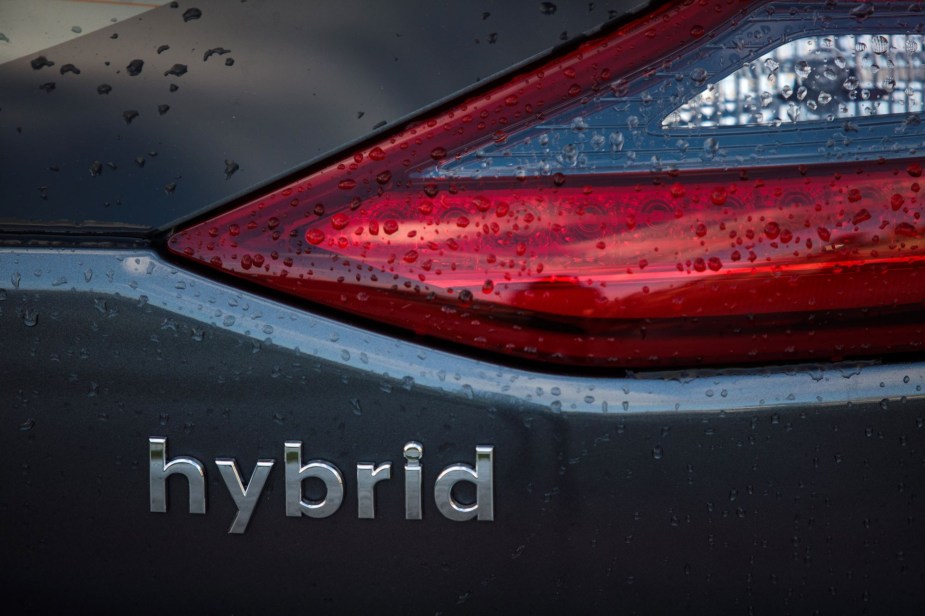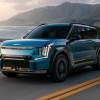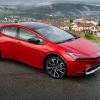
1 in 4 Shoppers Are Reportedly Taking a Closer Look at Hybrids or EVs
The car market has effectively entered a new era with many current trends and circumstances never seen before. These include an ongoing chip shortage, supply chain issues, crazy car price mark-ups from dealerships, soaring gas prices, etc. There’s also the fact that electrified vehicles are now mainstream, with one in four car shoppers reportedly taking a closer look at hybrids and EVs. So how did we get here?
What has pushed car buyers toward EVs and Hybrids

Multiple factors have pushed new-car shoppers to the electrified market, with one example being the surging gas prices. The EIA asserts that in 2019 the average American paid $2.60 per gallon of regular retail gasoline. Almost three years down the line, fuel costs have gone up to $4.5 per gallon, some paying closer to $6 depending on location.
This has prompted a significant portion of the car market to look for cheaper vehicles to drive. General EV maintenance being more affordable has also proven an extra incentive.
Another reason is the increase in supporting infrastructure for EVs and plug-in hybrids. Range anxiety was a huge deal for potential electric vehicle buyers. However, with the increase in charging stations and boost in range in new EV models, it’s slowly dissipating, allowing more buyers to consider going electric seriously.
Next, more and more automakers are moving to EVs and PHEVs, pushing innovation in the field and providing buyers with a wide selection of options. There are affordable, long-range, luxury, compact, and almost any car design that buyers could want. Even sports car brands have joined the fray with offerings like the Porsche Taycan Turbo S.
The government incentivizing electric car purchases with tax credits has also given buyers an extra reason to consider EVs and hybrids.
Shoppers considering electrified vehicles
According to Kelley Blue Book, 25% of new car shoppers in Jan, Feb, and March 2022 considered an EV, regular hybrid, or a plug-in hybrid. The automotive research company came to this conclusion after looking over a customer perception survey results. It’s worth mentioning that this survey also collected data on consumer shopping behavior.
The survey results showed Tesla was still the dominant brand among EV shoppers, with most preferring either the Tesla Model 3 or Tesla Model Y. Additionally, The 2022 Toyota RAV4 Hybrid was a market leader among hybrid shoppers.
The website noted that Ford is gaining on Tesla and Toyota with its electrified offerings, namely the Ford Maverick and Ford F-150 Lightning.
Some of the top EV options in the market
Cox Automotive places the Tesla Model Y among the top-selling EVs on the U.S. car market. The 2022 model year electric SUV offers up to 330 miles of range with motors that produce a combined 384 hp and 376 lb-ft torque. Its 4.4-second acceleration from 0 to 60 mph is also bound to have some buyers considering it, not to mention there’s a performance package with more power and better acceleration.
Another EV that’s gotten the market’s attention is the Ford F-150 Lightning which sold out even before reaching dealerships. The electric pickup truck is expected to have 10,000 lbs towing capacity, 2,000 lbs payload, off-road capabilities, and even acceleration comparable to the Model Y. It even boasts a 320-mile EPA-estimated range.
As for the affordable EV market, Chevrolet places the starting price for the Chevrolet Bolt EV at $31,500. This will give buyers 259 miles of range in a car producing 200 hp and zipping from 0 to 60 mph in six and a half seconds. Also, despite the vehicle looking compact, a roomy interior is another positive for the Bolt EV.


